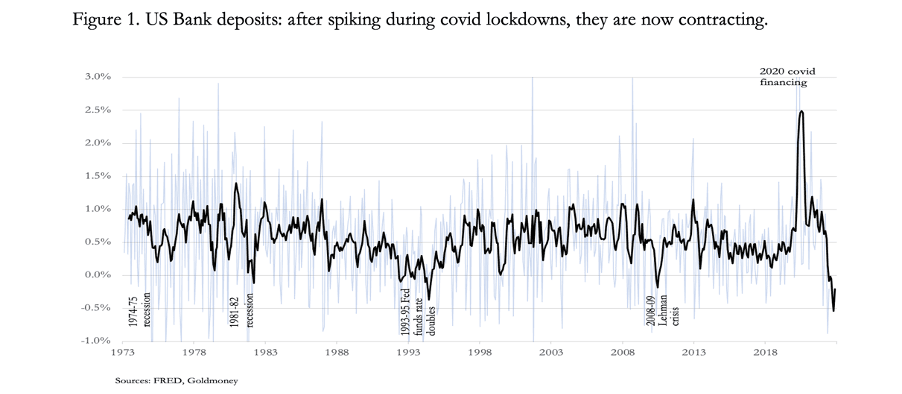The Telegraph reports
The reason why many reach for the rose-tinted spectacles when recalling Bretton Woods is because it marked a rare moment of international co-operation. It also played a role in ushering in three decades of heady economic growth in the US and a resurgent Germany. Though Keynes was unhappy with parts of the agreement, he was determined not to waste a crisis that makes the past three years appear a blissful stroll in comparison.
It was in a similar spirit that more than 200 economists and policy-makers past and present gathered in the same hotel last weekend. In a more cerebral version of television’s The Krypton Factor, delegates were invited to think about why more economists didn’t spot trouble brewing and how economics should change as a result.
Does anyone know if any of the Austrian School economists, whose theory of the business cycle predicted the credit-induced boom that led to the bust, were invited? Or was this another missed opportunity by 200 of the worlds “leading” economists to talk about how good they have been at stopping a secondary recession, patting each other on the back and not recognising that that same credit is still waiting to unwind, and that with the new credit added there will be an even bigger correction brewing.




One of the world’s leading Georgists – Fred Harrison – also predicted the worldwide housing boombust, yet unlike the Austrians (as far as I know) predicted it to the quarter years in advance!
Here’s what he predicted in 1997
http://renegadeeconomist.com/blog/man-predicted-depression-1997.html
And here’s what he predicted in 2005 when everyone else believed the crash was imminent:
http://www.moneyweek.com/investments/property/bust-will-follow-boom—but-when
Austrians are analysing the secondary effects of the housing market (distortions in the credit markets) so their predictions will always be less accurate then those that dealing with the primary cause of economic dysfunction.